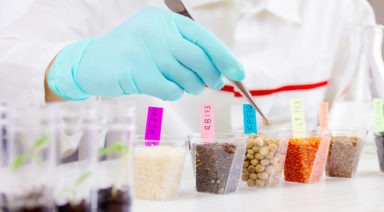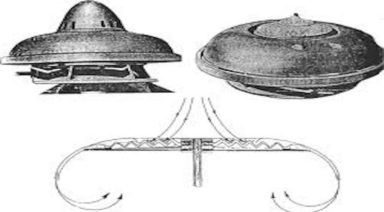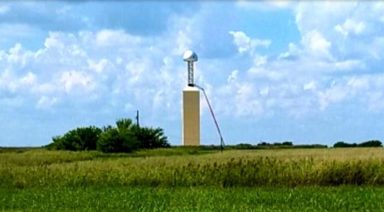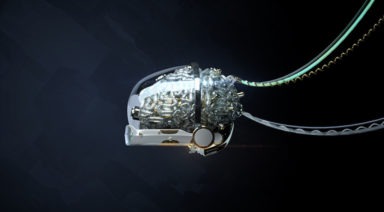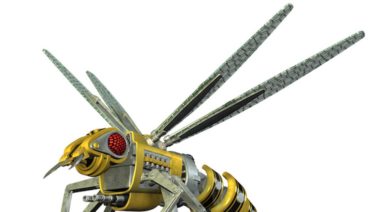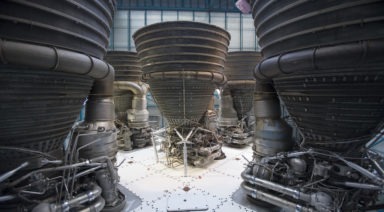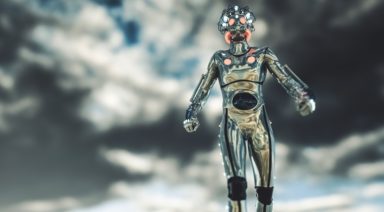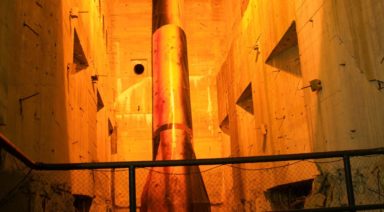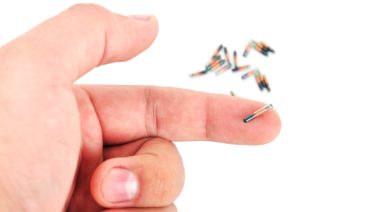This Autonomous Robot Can End Mass Spraying of Herbicide on Crops
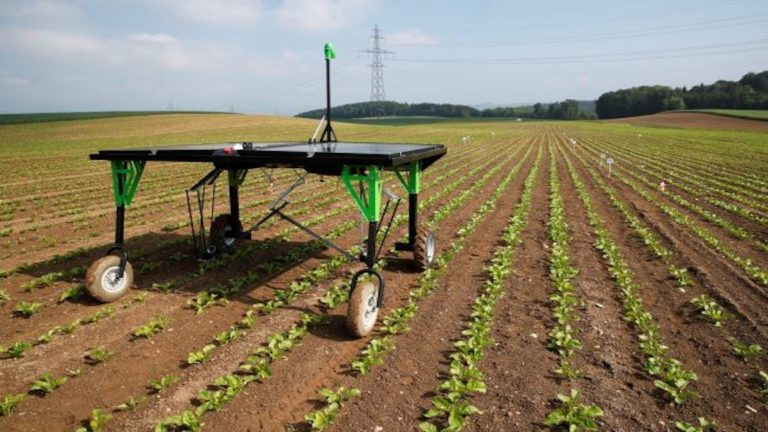
While some worry of the impending threat robots may have on humanity, some good news concerning artificial intelligence is here, and it may be the undoing of large agrochemical manufacturers. Soon a particular type of robot may become commonplace on farms, scouring crops for weeds and eliminating the need to spray large amounts of toxic herbicide on our food.
The Swiss startup, ecoRobotix, has developed a solar-powered, autonomous robot that combs through fields, detecting where weeds are growing, before directly delivering a micro-dose of herbicide to their roots. The bot can run on its own for 12 hours without emitting pollution and is easily transportable.
Current farming practices rely on universal herbicides, such as Monsanto’s Roundup and its genetically modified crops capable of withstanding Roundup. But these herbicides and GMOs have been proven to be highly toxic, despite their rampant use.
With these new robots, precise applications of herbicides can ensure that fewer toxins are being applied to crops while also saving farmers money. The company believes its technology could reduce the amount of herbicide farmers use by twentyfold.
The robot’s physical design is relatively simple: solar panels are mounted to wheels, with a camera, and arms on its undercarriage that extend to direct a swift, targeted spray of herbicide to individual plants. The company says this precision application leaves no herbicide on the crops themselves and preserves the life of the soil, while minimally impacting it from the lightweight design.
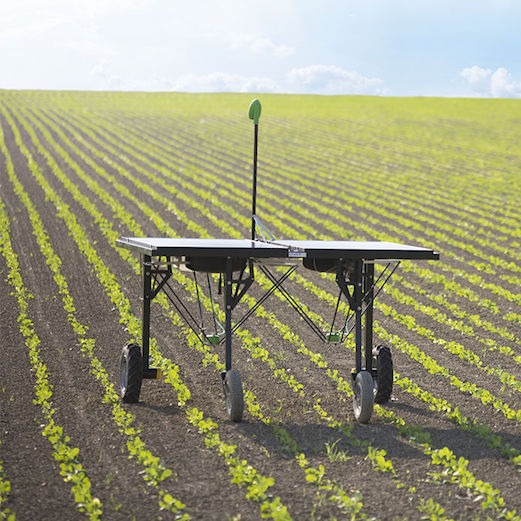
Farmers can control the robot from a smartphone, allowing them to redirect it to other areas where it can then work on its own. The company says their bot will even adapt its speed based on the number of weeds it detects.
There are other companies working on this technology other than ecoRobotix, including one bought by the John Deere tractor company. This type of technology threatens the exorbitant profits made by companies like Monsanto, Bayer, and DowDupont, who reap billions selling herbicides that are indiscriminately sprayed on crops worldwide.
Unsurprisingly, these major agrochemical companies are working to get their hands on this technology. Bayer says it’s not concerned with its business model of being a volume seller of herbicides, though its acquisition of Monsanto could make that model’s vulnerability more of a reality. The global market for herbicides is about $26 billion, of which Bayer and Monsanto earn 34 percent.
In the meantime, prototypes for these autonomous robots are still being fine-tuned, but ecoRobotix says it plans on having them ready for market by early next year. And for now, the robot revolution looks a little less ominous.
Popular Cereal, Granola Found to Contain Unsafe Levels of RoundUp

You might want to think twice before pouring yourself a bowl of your favorite cereal or granola, as Monsanto’s likely-carcinogenic products have probably contaminated your breakfast. Glyphosate, the active ingredient in the herbicide RoundUp has been found at unsafe levels in popular cereals such as Lucky Charms, Cheerios and Nature Valley granola, according to a recent study.
The study was published by the Environmental Working Group (EWG) – a philanthropic research group dedicated to studying the effects of toxic chemicals on children’s environmental safety. The group set a benchmark for safe levels of glyphosate in food products at 160 parts per billion (ppb), to test 45 conventional products and 16 organic products. Of those, 43 conventional products tested positive for glyphosate, while 5 organic products tested positive, though none of the organic products exceeded EWG’s safety benchmark.
The conventional products that tested high included Lucky Charms around 315 ppb; Quaker Dinosaur Egg Instant Oatmeal between 700 ppb; Quaker’s Old-Fashioned Oats between averaged 930 ppb; Nature Valley Granola Bars around 340 ppb; and Cheerios Whole Grain Oat Cereal averaged 497 ppb.
For a full list of the snacks and cereals tested for glyphosate look here.
EWG’s study was sparked by a recent lawsuit, which awarded $289 million to a man dying of cancer linked to his use of Monsanto’s RoundUp. Hopefully, this latest development will finally bring about the awareness needed for glyphosate-based products to be banned from use or highly regulated.


